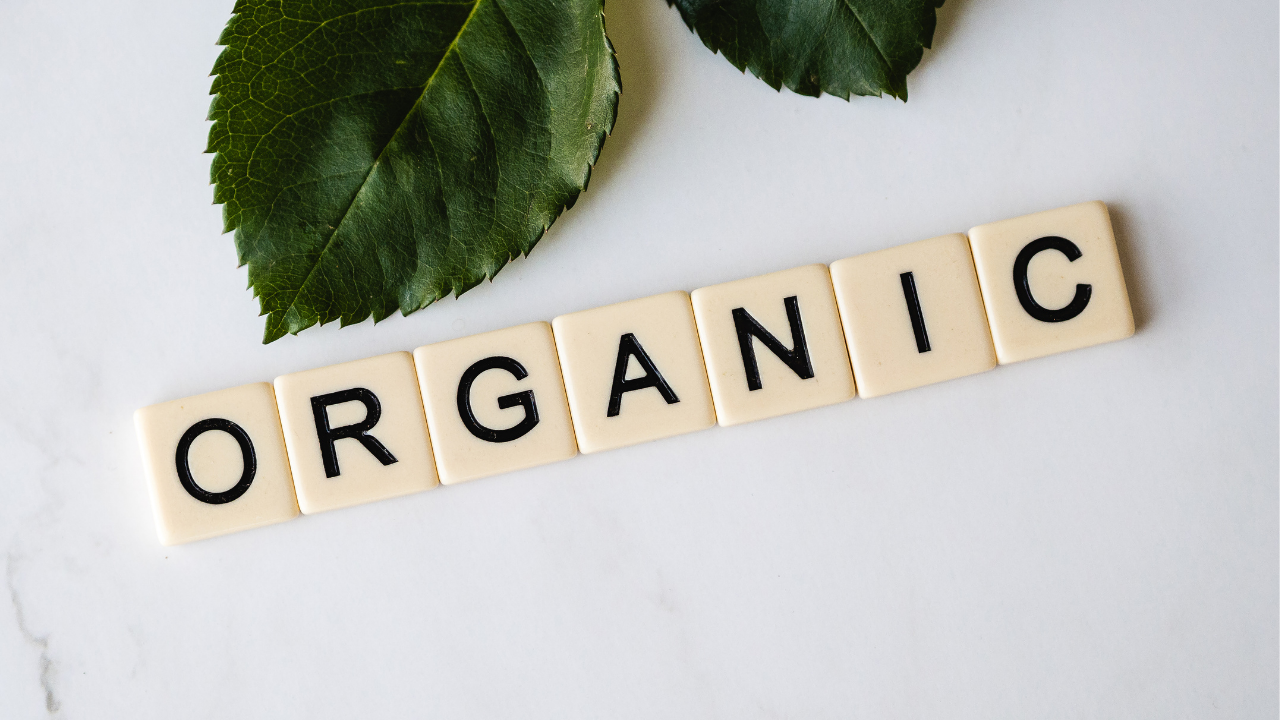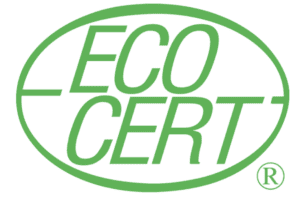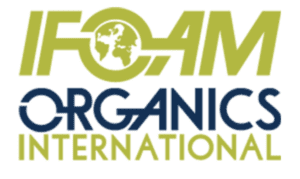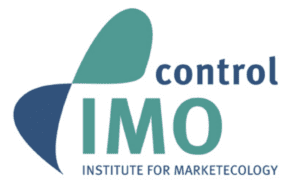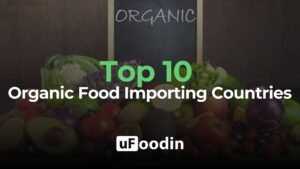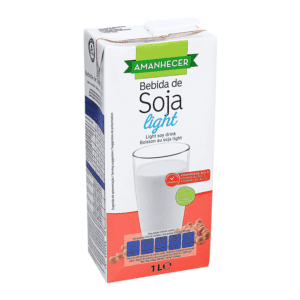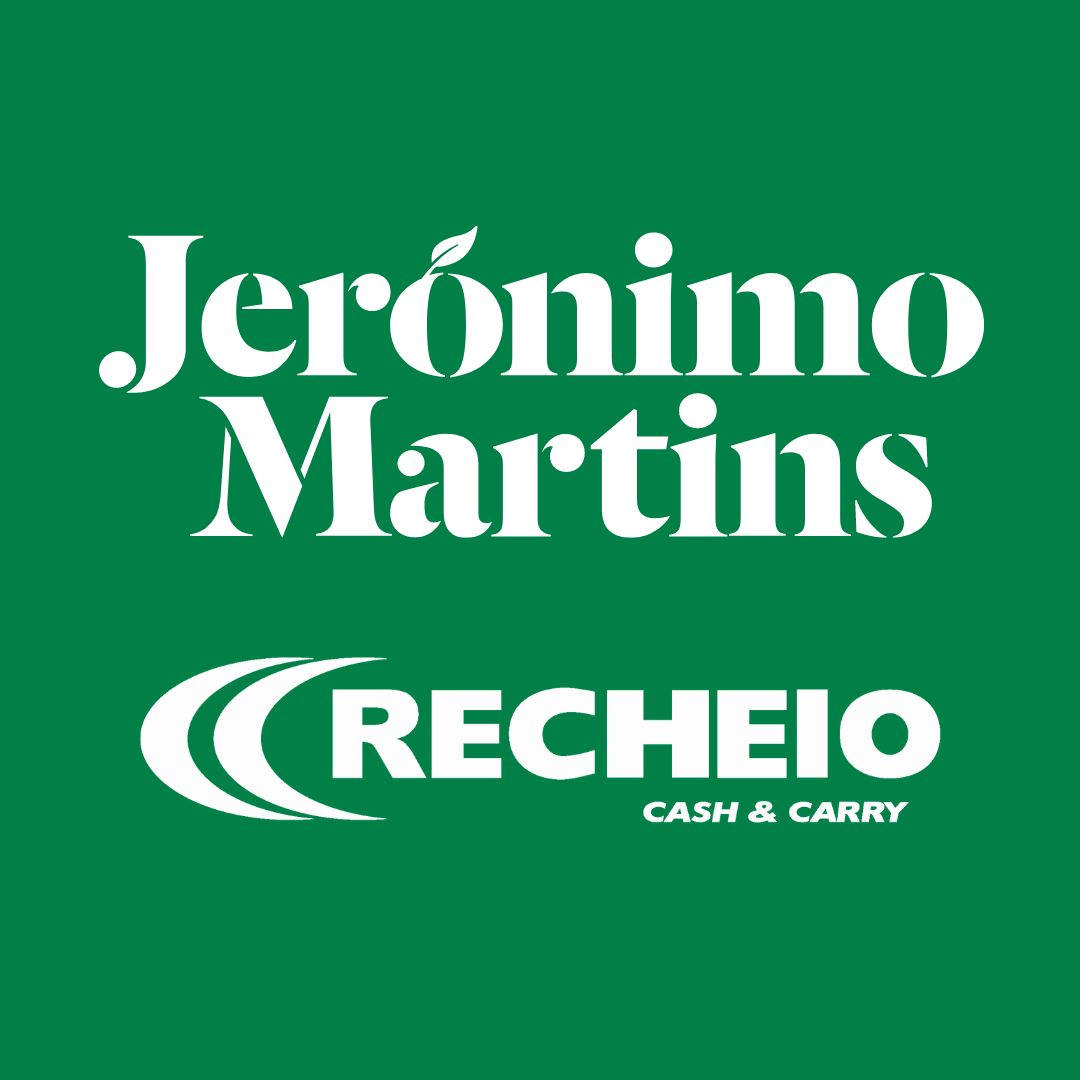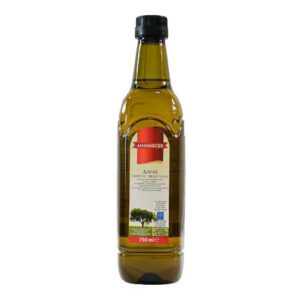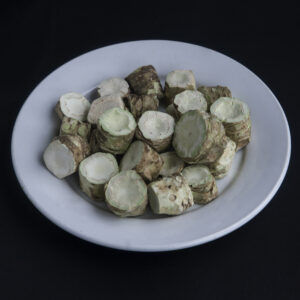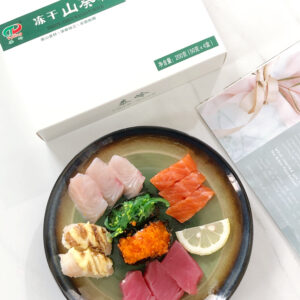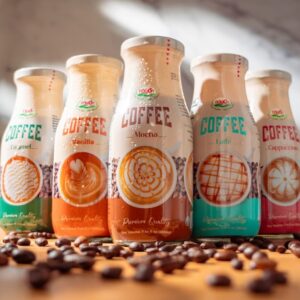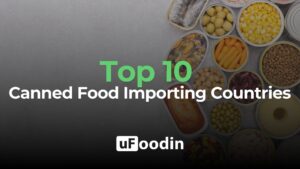A State of the Organic Food Market
Organic Foods used to gain market shares worldwide more and more every year. Since the Covid-19 crisis, it has exponentially risen with a compound annual growth rate of 9.7% while non organic food has decreased (The Business Report Company).
In 2018, the global organic Food and Beverage market value was estimated at 165.52 B$.
However in 2021, how is the Organic Food and Beverage Market going ?
Organic Foods’ Market State
Focus on the production and the sales shares worldwide :
The area of organic farming worldwide represents 72,3M of Hectares. The first producing country is India with more than one million organic farmers.
Fruits and Vegetables are the best sold products in the world with more than 41% of market share, followed by Dairy with 18% while meat, fish and poultry are far behind with only 3.7%. This can be explained by a greatest prices’ difference between organic and non organic products in this sector compared to fruits and vegetables for eg.
The most consuming countries of the world in terms of market shares are the US with 42%, Germany with 11% and France with 11%.
Still, in terms of consumption per capita and per year, Nordic countries lead. Denmark has an average of 344€, Switzerland 338€ and Sweden 215€.
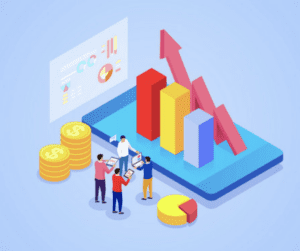
Consumers’ Insights : main concerns for choosing organic foods
Unsurprisingly, the first concerns for buying more and more organic foods are :
Health : consuming organic foods makes people feel healthier, especially during these times.
Food Safety : Covid-19 definitely reinforced consumers’ will to buy products without pesticide or controversial substances and less processed foods.
Environmental and local economy concerns : A huge majority affirms that consuming organic foods is a first act to protect biodiversity and fight against climate change. With tense social context, consumers also want to support local producers rather than global food processed companies.
As a Food and Beverage Industry professional, how to get certified ?
Certifications, worldwide or regional, have become a real market. There are plenty of private agencies throughout the world. Here are the 3 main agencies according to us :
Ecocert International : a french third party agency which acts in more than 130 countries with 150 referentials.
Source : Statista, 2019
Expectations for the Organic Food and Beverage Industry
The expected industry’s worth and its challenges
In 2027, according to specialists, the global organic food market should reach 679.81 B$
In terms of challenges, the greatest one must be the affordability ! In developing countries, Organic Products are not a priority because there is still a huge prices’ difference with non organic goods. On the contrary, in countries such as the Nordics, one notices a prices’ decrease because of the market’s maturity even in sectors such as meat & poultry. This is linked to the supply and demand : consumers are more willing to pay premium.
E-commerce channel : an entry door for organic food
Especially for packaged food, e-commerce is a great opportunity because consumers have access to a wider range of products -even imported ones-, in the same area. Same for the BtoB sector : it has become easier for professionals to access diverse types of organic foods worldwide on online platforms.

